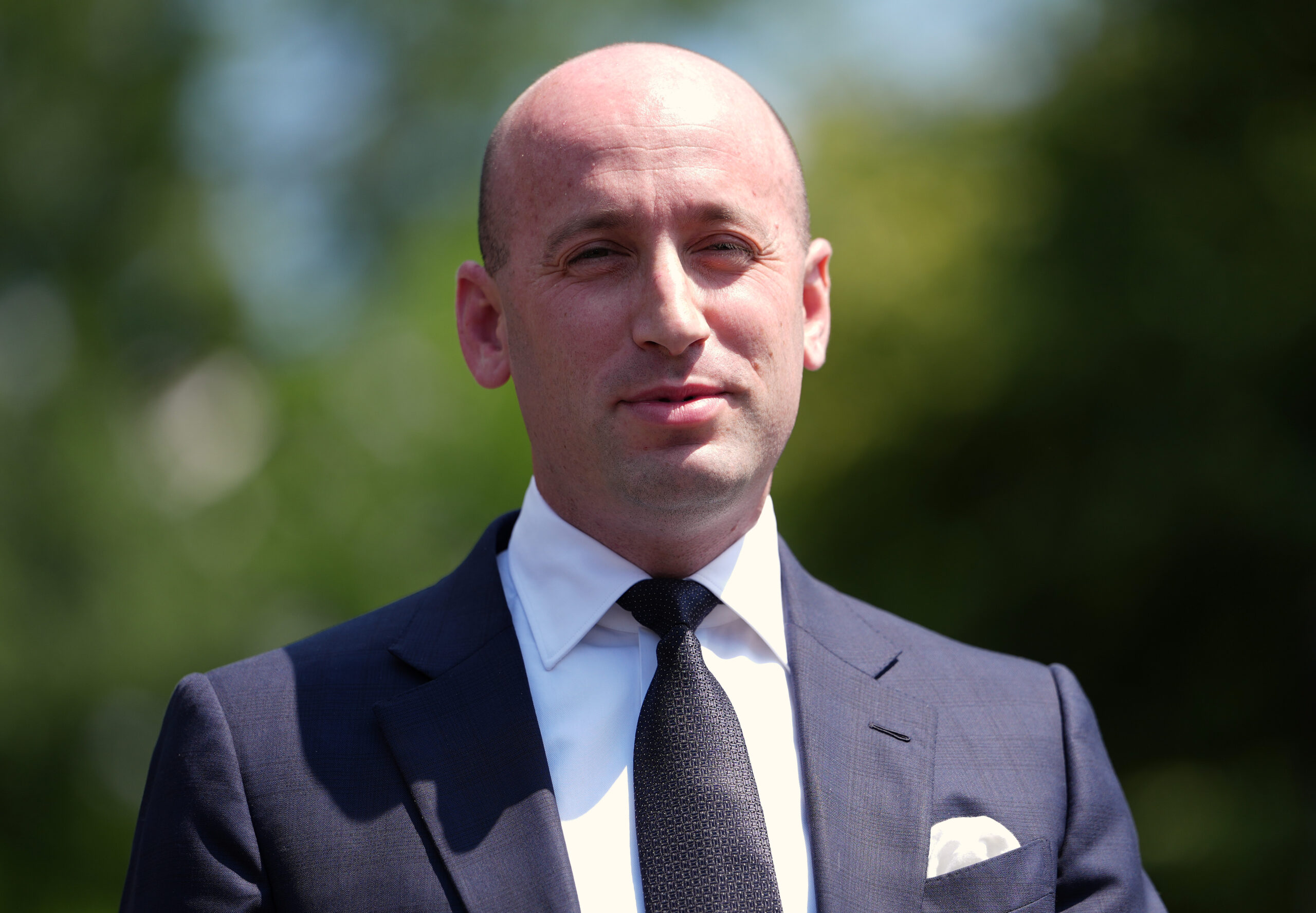Press Release
Putting the public back in public interest: Painless reforms to improve the FCC
As the Federal Communications Commission comes under increased scrutiny regarding the processes it uses to make the rules that govern the broadcasting industry, Common Cause, the Media Access Project and Econometric Research and Analysis offer a set of simple and affordable recommendations for the agency to better involve the public in the critical dialog over our media and digital future.
The groups’ recommendations come as the FCC faces increased scrutiny after a Government Accountability Office (GAO) study showed the FCC leaks information to telecommunication industry lobbyists, complaints from Congress that the FCC does not give enough time for public comment on proposed rules, and public interest advocates are outraged over routinely being given short notice about public hearings.
“A healthy democracy requires a healthy media, and the FCC’s role is to ensure we have a healthy media that serves the public,” said Bob Edgar, president of Common Cause. “It’s important to regularly examine the processes that the FCC uses to make its decisions.”
“The public must have confidence that the FCC genuinely serves the needs of the all the people of the United States, not just those rich enough to field a team to play the inside the Beltway game,” said Harold Feld, senior vive president of the Media Access Project.
“In many respects the FCC recapitulates the failure of the telecommunications market: a system in which incumbents with power arising from their great wealth determine outcomes without regard for the best interest of the majority of Americans. Just as only well-regulated markets can deliver genuine competition, only an FCC with transparent procedures in which incumbents do not routinely prevail can guarantee that the public’s airwaves are utilized for the public interest rather than the enrichment of special interests,” said Gregory Rose, president of Econometric Research and Analysis.
The recommendations include:
Open Access for the Public, Not Just Industry Lobbyists
Publish meeting agendas enough in advance to give fair warning. This would level the playing field for the public, which does not have lobbyists prowling the halls of the FCC to discover what items are likely to be considered by the Commissioners before public input to the process is closed.
Make it standard policy to allow 90 days for public comment after publication in the Federal Register and note Federal Register publication in the FCC’s daily digest.
Hold more public forums outside D.C. and provide at least thirty days notice of any public forum.
Open Up and Improve FCC Data
Establish advisory committees to get outside expertise on data collection, data processing, and data presentation.
Attitude Adjustment/Make Better Use of Existing Authority and Resources
Make better use of existing rules and resources. Nothing prevents the FCC from making voluntary surveys mandatory on pain of fine or license revocation for failure to comply.
FCC must do a better job enforcing its own rules in a fair and consistent manner.
Attitude adjustment. Too many FCC staffers seem to regard industry representatives as “clients” while regarding members of the public as “nuisances.”
“These recommendations, if implemented, would boost public confidence in the FCC by making it more transparent and fair and will make it a more efficient and effective enforcement agency,” Edgar said.
Click here to read the full report: http://www.commoncause.org/atf/cf/{fb3c17e2-cdd1-4df6-92be-bd4429893665}/PAINLESSFCCREFORMS.PDF
